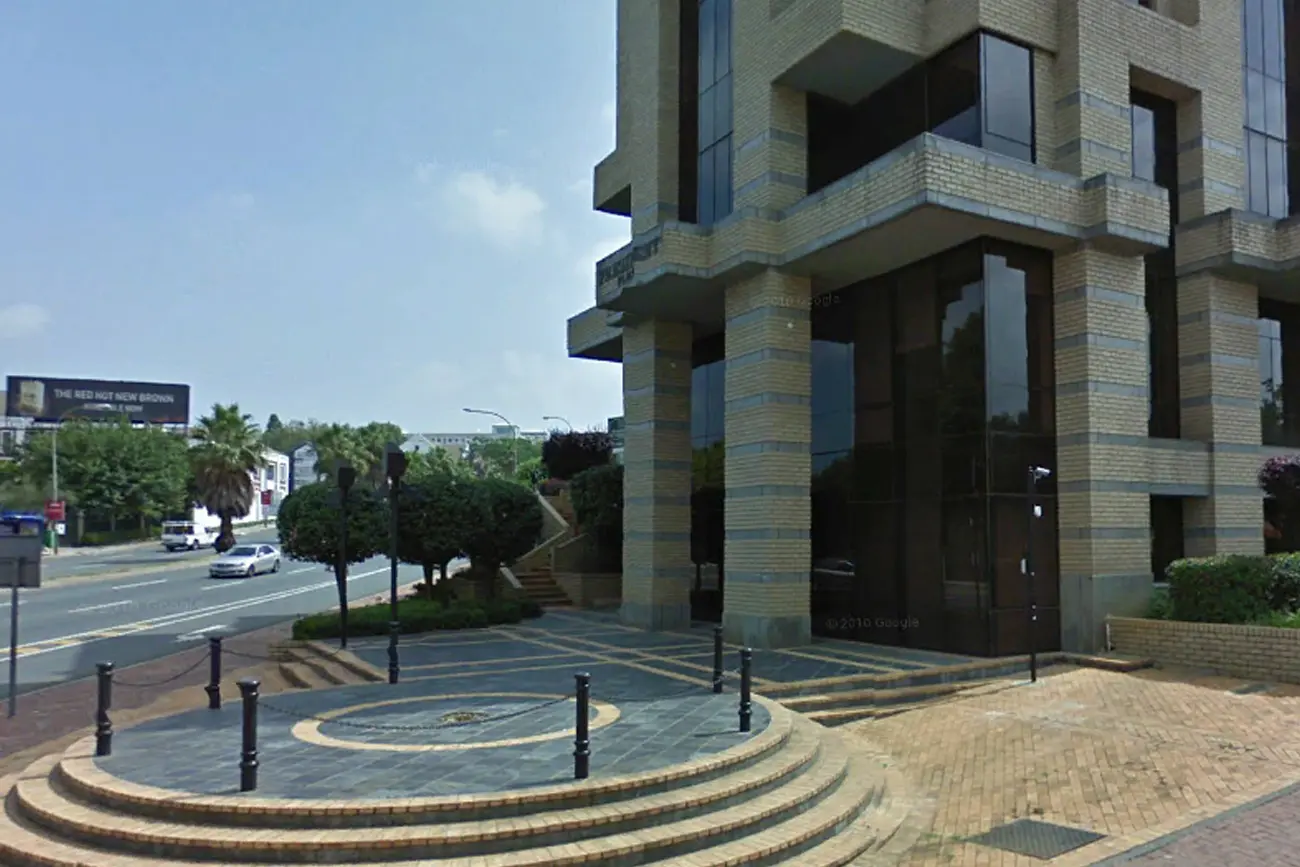
Business Day
By Caroline James
IN LEWIS Carroll’s Alice in Wonderland, Alice mutters bitterly that the game played in the kingdom run by the Queen of Hearts does not “seem to have any rules in particular; at least, if there are, nobody attends to them”. Similar murmurs could be heard in a courtroom in Swaziland on Monday, as the Supreme Court heard two appeals in the series of litigation cases emanating from the contempt of court charges brought against human rights lawyer Thulani Maseko and magazine editor Bheki Makhubu.
Maseko and Makhubu made international headlines earlier this year when they were arrested and charged with contempt of court after articles they had written that were critical of the Swazi judiciary and chief justice were published in Makhubu’s magazine, The Nation.
While their criminal case has highlighted the government’s disregard for freedom of expression, the litigation has also demonstrated the utter lack of judicial independence and disdain for adherence to legal procedure in the kingdom.
On Monday, in the Supreme Court, it would hardly have been a surprise to have spotted the White Rabbit or to have been offered tea by the Mad Hatter.
The appeals before the Supreme Court in this session were not related to Maseko and Makhubu’s conviction and sentence, but rather to two separate interlocutory issues from before the criminal trial commenced. Soon after their arrest in March, Maseko and Makhubu brought an application to have their arrest and detention declared unlawful.
Judge Mumcy Dlamini in the High Court heard this matter and released them after finding that the arrest warrants were unconstitutional because the correct procedure had not been followed by the chief justice in issuing the warrants.
The chief justice filed an appeal to this judgment, and the judge presiding over the men’s criminal trial then ordered that Maseko and Makhubu be rearrested — an order that Maseko and Makhubu in turn appealed against.
Despite the fact that these two orders and their associated appeals meant that the correctness of the pair’s arrest had yet to be finally determined, the High Court proceeded with the criminal trial and later convicted them and sentenced them to a two-year jail term.
When Alice is hauled before the Wonderland Court, the Queen of Hearts screeches that the jury should not consider the verdict, that there should be the “sentence first — verdict afterward”.
Alice scoffs at this system of justice, and well she should, as it upends all universally accepted legal principles.
But while it may seem comical to us when reading the book, this is precisely what has happened in Maseko and Makhubu’s case.
The knots the judicial system has tied itself in with this unusual order of events became evident on Monday.
The Supreme Court declared it was unable to hear the appeal against Maseko and Makhubu’s rearrest because the record of the proceedings was incomplete. As a result, it postponed the matter, and intimated that Maseko and Makhubu would be entitled to apply for bail pending the finalisation of that appeal.
The pair are now bringing an application to be released on bail — despite their status as convicted prisoners — because the legality of their arrest that led to their conviction is uncertain. They have therefore been sentenced before the final verdict has been reached — the Swazi judges have certainly taken a leaf out of Wonderland’s judicial handbook.
But there was more absurdity to come. The Supreme Court refused to hear the appeal because the record did not include the judgment handed down by the High Court when ordering Maseko and Makhubu’s rearrest.
However, because the order was given orally — in direct contravention of established legal principle — no such judgment exists. And though this was made clear to the judges, they blithely informed the parties that the appeal could be heard when that (nonexistent) judgment is made available to the court.
Unfortunately, the similarities between Swaziland and Wonderland end there, because unlike Alice, Maseko and Makhubu cannot wake up and look back on their experiences in court as a dream. Instead, they are left to find ways to navigate this chaos, to try to ensure that their rights are protected.
Curiouser and curiouser.
- James is a project lawyer at the Southern Africa Litigation Centre, working in the Media Defence Programme.
http://www.bdlive.co.za/opinion/2014/11/07/mad-hatters-rule-in-swaziland-court



